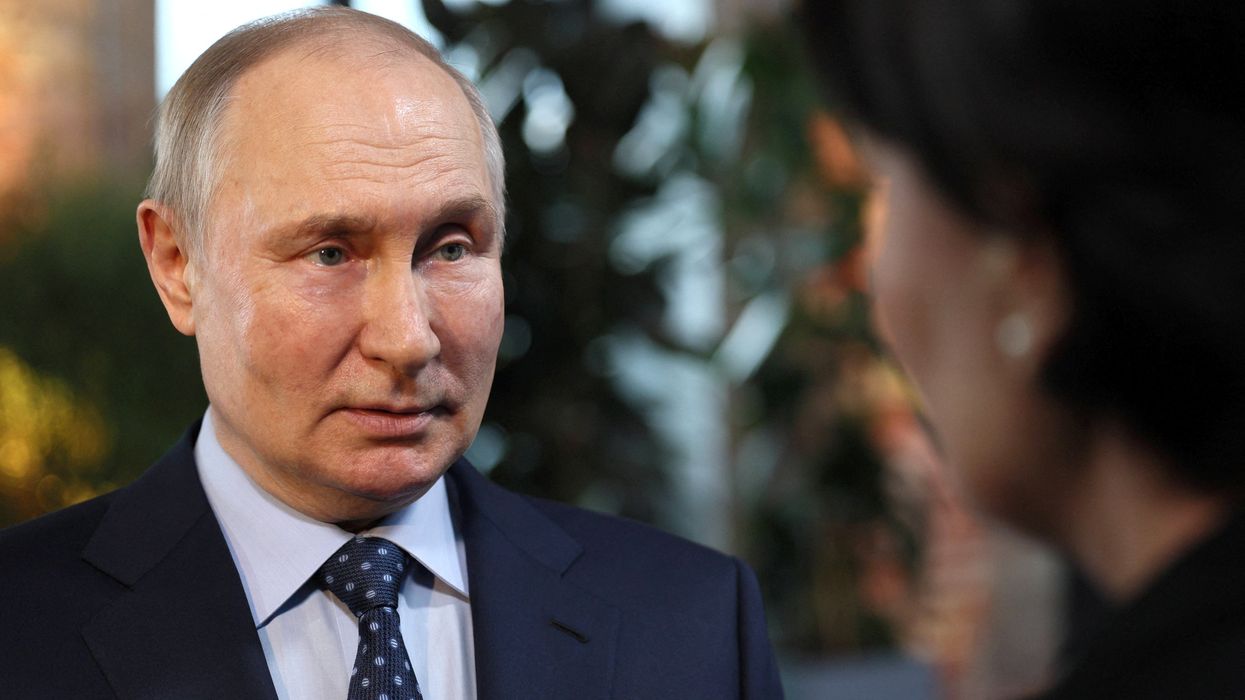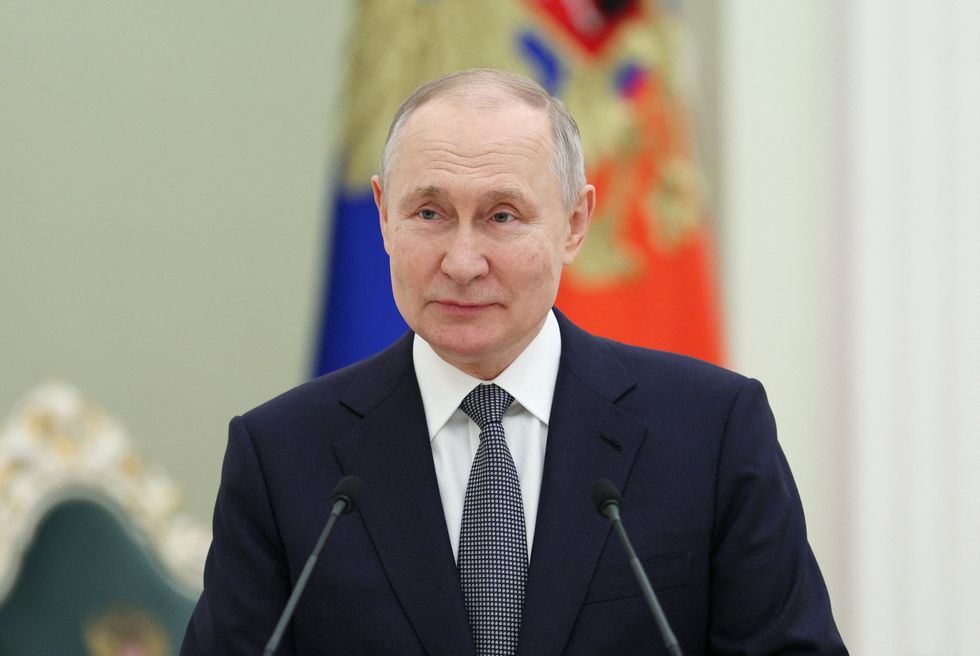Putin 'dead' rumour spread by Kremlin in bizarre strategy to test Russian elite

Last week, rumours circulated online of Putin's death
| Reuters
An intelligence official said that Moscow spread the rumours to see how the Russian public would react
Don't Miss
Most Read
A rumour saying that Vladimir Putin had died was spread by the Kremlin to test the president’s popularity.
Andrii Yusov, a Ukrainian military intelligence spokesman, said that Moscow officials spread the rumours in an attempt to see how the Russian public would react to the news.
“In this way, the empire, which is built on the work of the secret services, learns how to continue to rule,” he told Ukrainian media.
Yusov said that whilst Putin’s death would be “good news” for Ukrainians if true, the rumour was circulated to help Russia tighten domestic control.
WATCH NOW: 'Putin needs to be stopped!'
Last week, rumours circulated online of the President’s passing, originating from the anonymous Russian Telegram account General SVR.
It claimed that body doubles were representing him, and his corpse was being stored in a freezer.
The channel is an infamous source of florid and unproven information about Putin and his inner circle.
Yet despite its infamy, the channel’s latest claim became headline news around the world.
PUTIN LATEST:
“The basic purpose of fake news is to look at how society reacts in terms of numbers and dynamics,” Yusov said, claiming that the Kremlin had wanted the misinformation to go viral.
“[The purpose is] to look at the reactions of individuals, the elite and the media,” he added.
Yusov said that the disinformation had been spread to benefit Putin and his inner circle.
"It is also an instrument of influence on Putin himself or someone like him. He is forced to react, and Peskov is forced to react and prove that this is not the case. That is, he is led down a certain corridor," Yusov said.
He concluded by stating: “It's obvious that this is not the end of this story, but a particular playbook.”

The General SVR account posted about the president's 'death'
| ReutersLast Friday, the General SVR account said that doctors had tried to resuscitate the president after his health quickly deteriorated.
On Monday, the account then ‘confirmed’ that Putin died on October 26, after a coup took place.
“It's an internal story that is intended for an internal Russian audience,” Yusov told NV Radio.
The Russian investigative site Agentstvo reported that the search terms "dead Putin," "dying Putin" and "Putin died" had more than 417,000 impressions on Russia's most popular search engine, Yandex, last month.
The rumours prompted Putin’s spokesperson, Dmitry Peskov, to dismiss speculation about Putin's health on two occasions, labelling the claims as a “hoax” and “absurd”.
Despite claims from Ukraine that Russia used the Telegram channel to tighten Moscow’s control over its people, no authoritative analysis has been made which links the Kremlin to General SVR.
The channel has claimed to be run by a former Russian Intelligence officer, distancing itself from the Kremlin.










